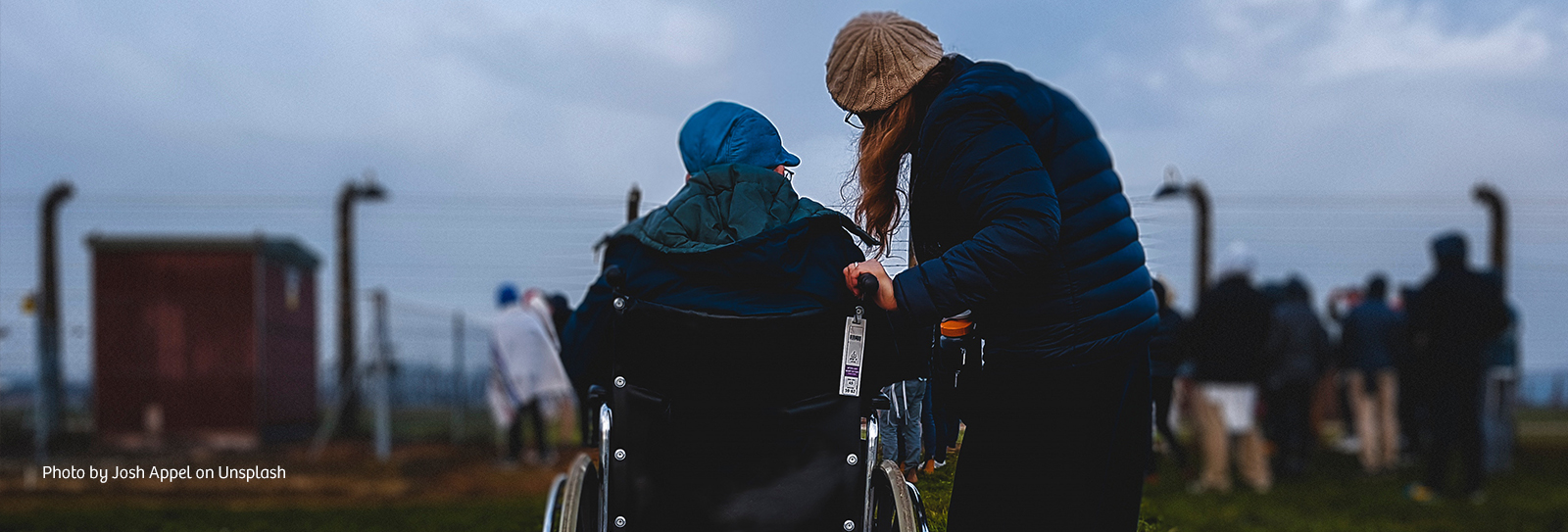Dr. Zdenka Čebašek-Travnik, Spominčica, Alzheimer Slovenia
In Slovenia, there are no epidemiological studies that would reveal the extent of violence against the elderly in the home environment, and therefore there is no relevant data on violence against people with dementia. In the media, we only see
information about tragic events when older people are victims of crime, and we learn about abuse only in the context of individual procedures in the context of social work, health care or court processes. The vast majority of domestic violence remains unreported.
Jasna Podreka, Slovenian researcher of domestic violence stated, that “empower victims to decide to report violence is very important. Signing up is key. Although bystanders may be aware of what is happening, research shows that third parties
rarely report violence. At the same time, there is still a relatively high level of social tolerance for violence in the private sphere. Statistics show that violence is reported either by the victim himself or by people close to him, but only when it becomes disturbing for those around him.”
When adults over the age of 65 are abused, neglected, or financially exploited we talk about elder abuse. Abuse can happen in the older person's home or a family member’s house. The mistreatment of older adults can be by family members,
caregivers or friends. There are many types of abuse: physical, financial, emotional, neglect, abandonment, sexual.
Most victims of abuse are women, but some are men. Likely targets are older adults who have no family or friends nearby and people with disabilities, memory problems, or dementia.
Abuse can happen to any older adult, but often affects those who depend on others for help with activities of everyday life — including bathing, dressing, and taking medicine. People who are frail may appear to be easy victims.
What are signs of abuse?
– Stops taking part in activities he or she enjoys
– Looks messy, with unwashed hair or dirty clothes
– Loses weight for no reason
– Has trouble sleeping
– Becomes withdrawn or acts agitated or violent
– Displays signs of trauma, like rocking back and forth
– Has unexplained bruises, burns, cuts, or scars
– Has broken eyeglasses/frames, or physical signs of punishment or being restrained
– Develops bed sores or other preventable conditions
– Lacks medical aids (glasses, walker, dentures, hearing aid, medications)
– Has an eviction notice for unpaid rent, notice of late mortgage, or home eviction
– Has hazardous, unsafe, or unclean living conditions
– Displays signs of insufficient care or unpaid bills despite adequate financial resources
If you see signs of abuse, try talking with the older adult to find out what’s going on..
Most importantly, get help or report what you see to adult protective services. You do
not need to prove that abuse is occurring. Professionals will investigate.
Useful links:
https://theconversation.com/the-combination-of-dementia-and-domestic-abuse-is-all-too-often-overlooked-139535
https://www.nia.nih.gov/health/elder-abuse

